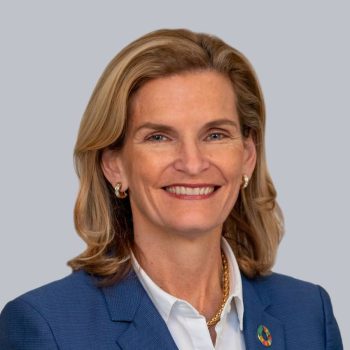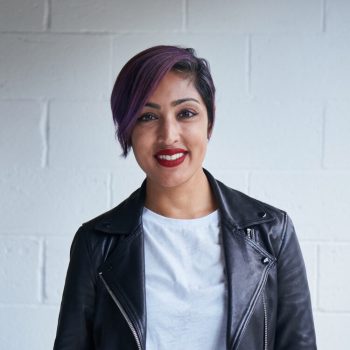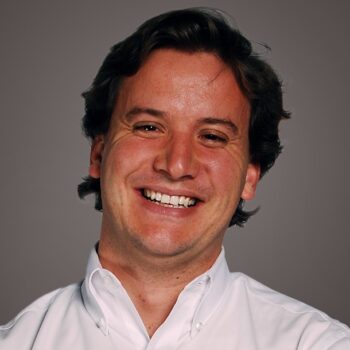Speaker(s)
 Doreen Bogdan-MartinSecretary-General, International Telecommunication Union (ITU)
Doreen Bogdan-MartinSecretary-General, International Telecommunication Union (ITU) Rumman ChowdhuryChief Executive Officer & Co-Founder, USA science envoy for AI, Humane Intelligence
Rumman ChowdhuryChief Executive Officer & Co-Founder, USA science envoy for AI, Humane Intelligence Vincent VanhouckeDistinguished Engineer, Waymo
Vincent VanhouckeDistinguished Engineer, Waymo Lane DilgHead of Strategic Partnerships, Global Affairs, OpenAI
Lane DilgHead of Strategic Partnerships, Global Affairs, OpenAI Juan Lavista FerresCorporate Vice President & Chief Data Scientist, AI for Good Lab, Microsoft
Juan Lavista FerresCorporate Vice President & Chief Data Scientist, AI for Good Lab, Microsoft
Moderator(s):
Participants:
 Tomas LamanauskasDeputy Secretary-General, International Telecommunication Union (ITU)
Tomas LamanauskasDeputy Secretary-General, International Telecommunication Union (ITU) Robin GeissDirector, United Nations Institute for Disarmament Research (UNIDIR)
Robin GeissDirector, United Nations Institute for Disarmament Research (UNIDIR)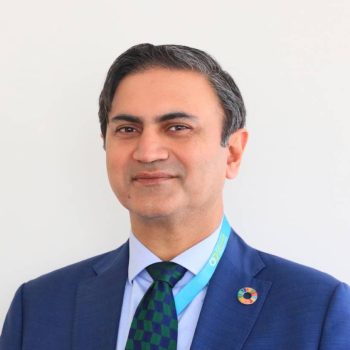 Sameer ChauhanDirector, United Nations International Computing Centre (UNICC)
Sameer ChauhanDirector, United Nations International Computing Centre (UNICC) Gita GopinathFirst Deputy Managing Director, International Monetary Fund (IMF)
Gita GopinathFirst Deputy Managing Director, International Monetary Fund (IMF) Mounir TabetDeputy Executive Secretary, United Nations Economic and Social Commission for Western Asia (UNESCWA)
Mounir TabetDeputy Executive Secretary, United Nations Economic and Social Commission for Western Asia (UNESCWA) Jay MahanandChief Information Officer and Director, Technology, World Food Programme (WFP)
Jay MahanandChief Information Officer and Director, Technology, World Food Programme (WFP) Golestan Sally RadwanChief Digital Officer, United Nations Environment Programme (UNEP)
Golestan Sally RadwanChief Digital Officer, United Nations Environment Programme (UNEP)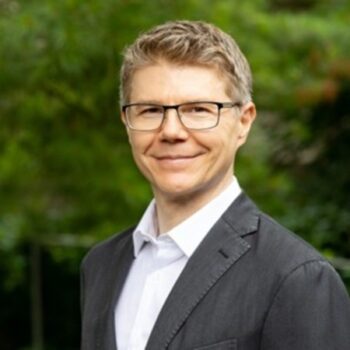 Robert OppChief Digital Officer, United Nations Development Programme (UNDP)
Robert OppChief Digital Officer, United Nations Development Programme (UNDP)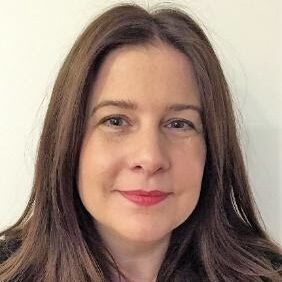 Helene MolinierAdvisor, Digital Gender Equality Cooperation and Thematic Lead for GE Technology and Innovation, UN Women
Helene MolinierAdvisor, Digital Gender Equality Cooperation and Thematic Lead for GE Technology and Innovation, UN Women Gabriela RamosAssistant Director-General for Social and Human Sciences, United Nations Educational, Scientific and Cultural Organization (UNESCO)
Gabriela RamosAssistant Director-General for Social and Human Sciences, United Nations Educational, Scientific and Cultural Organization (UNESCO) Ciyong ZouDeputy to the Director General and Managing Director, United Nations Industrial Development Organization (UNIDO)
Ciyong ZouDeputy to the Director General and Managing Director, United Nations Industrial Development Organization (UNIDO) Irakli BeridzeHead of Centre for Artificial Intelligence and Robotics, United Nations Interregional Crime and Justice Research Institute (UNICRI)
Irakli BeridzeHead of Centre for Artificial Intelligence and Robotics, United Nations Interregional Crime and Justice Research Institute (UNICRI)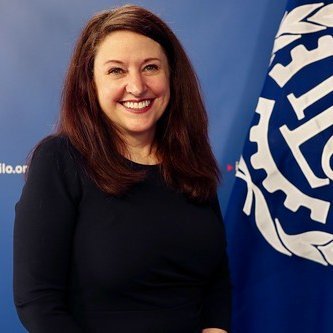 Celeste DrakeDeputy Director-General, International Labour Organization (ILO)
Celeste DrakeDeputy Director-General, International Labour Organization (ILO) Lati MatataDirector, Postal Technology Center
Lati MatataDirector, Postal Technology Center Ghada WalyExecutive Director, United Nations Office on Drugs and Crime (UNODC)
Ghada WalyExecutive Director, United Nations Office on Drugs and Crime (UNODC)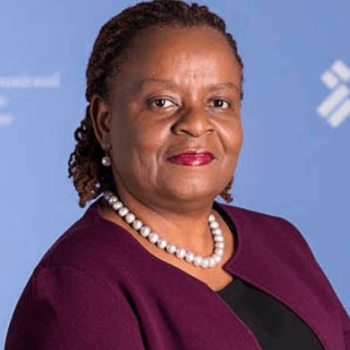 Dorothy TemboDeputy Executive Director, International Trade Centre (ITC)
Dorothy TemboDeputy Executive Director, International Trade Centre (ITC) Dino Cataldo Dell’AccioChief Information Officer , United Nations Joint Staff Pension Fund (UNJSPF)
Dino Cataldo Dell’AccioChief Information Officer , United Nations Joint Staff Pension Fund (UNJSPF)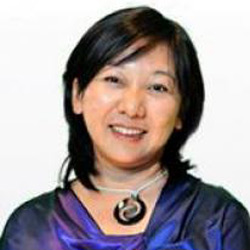 Kazumi OgawaPrincipal Coordinator, UN-Habitat
Kazumi OgawaPrincipal Coordinator, UN-Habitat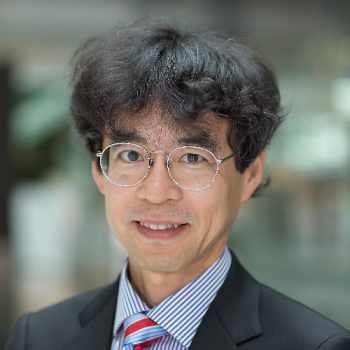 Ken-Ichiro NatsumeAssistant Director-General, World Intellectual Property Organization (WIPO)
Ken-Ichiro NatsumeAssistant Director-General, World Intellectual Property Organization (WIPO) Dongyu QuDirector-General, Food and Agriculture Organization (FAO)
Dongyu QuDirector-General, Food and Agriculture Organization (FAO) Sayed AshrafSpecial Assistant to the Director General, International Atomic Energy Agency (IAEA)
Sayed AshrafSpecial Assistant to the Director General, International Atomic Energy Agency (IAEA) Ngozi Okonjo-IwealaDirector-General, World Trade Organization (WTO)
Ngozi Okonjo-IwealaDirector-General, World Trade Organization (WTO) Danny TobeyPartner, DLA Piper
Danny TobeyPartner, DLA Piper John Samuel GibsonPartner, DLA Piper
John Samuel GibsonPartner, DLA Piper Julius (J.N.) HillEMEA International Affairs & Development (IAD) sector lead , Deloitte
Julius (J.N.) HillEMEA International Affairs & Development (IAD) sector lead , Deloitte Rabih El-HaddadDirector, Division for Multilateral Diplomacy, UNITAR
Rabih El-HaddadDirector, Division for Multilateral Diplomacy, UNITAR Thomas SchneiderAmbassador and Director of International Affairs, Swiss Federal Office of Communications
Thomas SchneiderAmbassador and Director of International Affairs, Swiss Federal Office of Communications Peggy HicksDirector of the Thematic Engagement, Special Procedures and Right to Development Division, Office of the United Nations High Commissioner for Human Rights (OHCHR)
Peggy HicksDirector of the Thematic Engagement, Special Procedures and Right to Development Division, Office of the United Nations High Commissioner for Human Rights (OHCHR)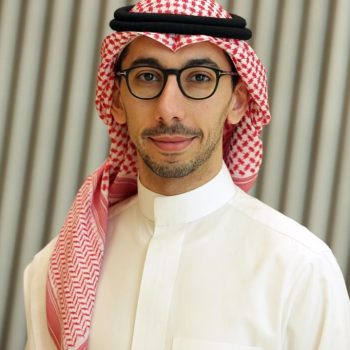 Abdullah AlrashidDirector, Ithra
Abdullah AlrashidDirector, Ithra Iris HauswirthChief of Strategic Planning, Performance and Governance, International Trade Centre (ITC)
Iris HauswirthChief of Strategic Planning, Performance and Governance, International Trade Centre (ITC) Hovig EtyemezianHead of UNHCR Innovation Service, UNHCR
Hovig EtyemezianHead of UNHCR Innovation Service, UNHCR Johanna HillDeputy Director-General, World Trade Organization (WTO)
Johanna HillDeputy Director-General, World Trade Organization (WTO)





